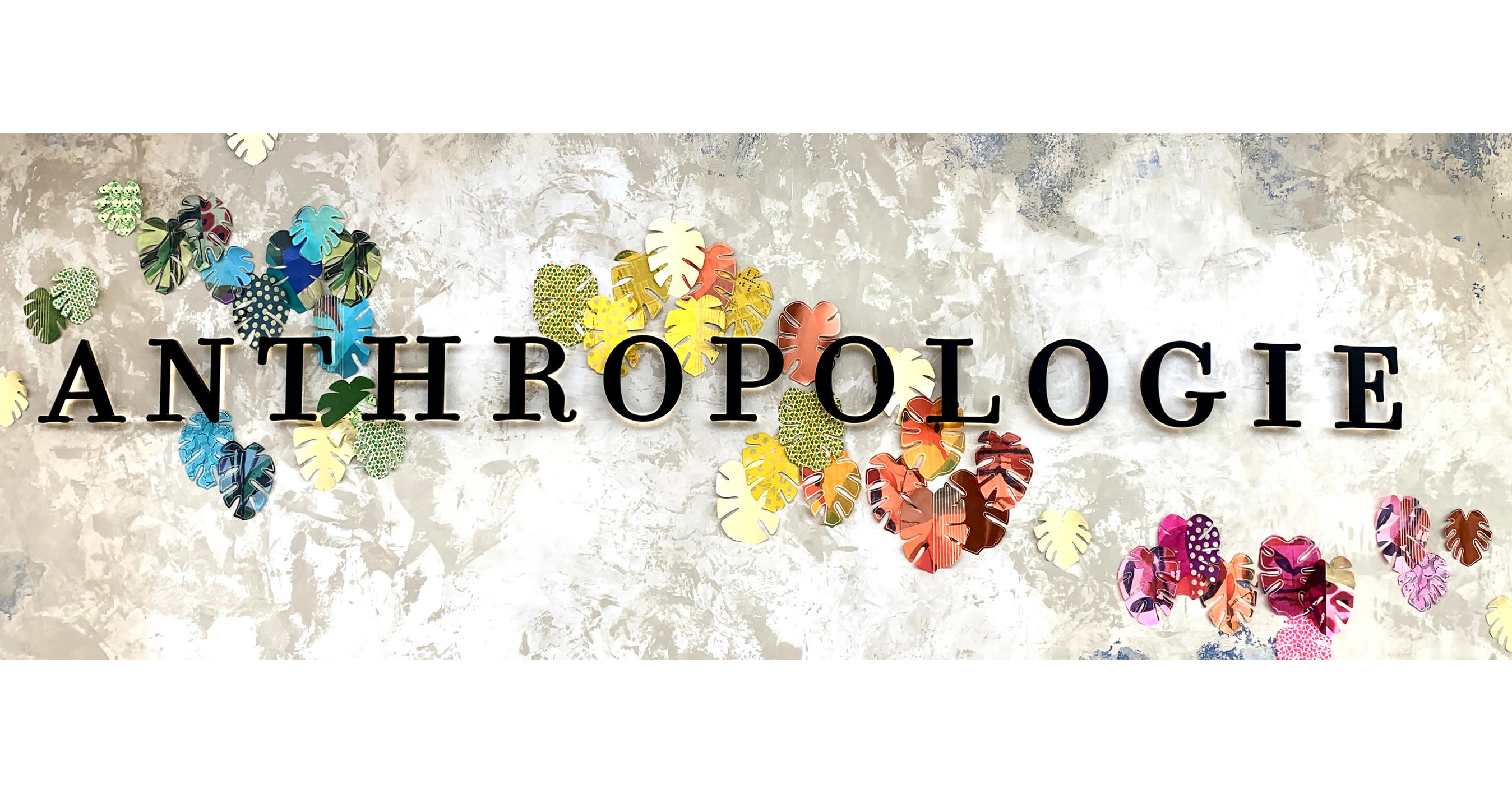Linguistic Anthropology:
Linguistic anthropology explores how language and culture influence each other. It studies how language affects thought, how it is used to pass down knowledge, and how it evolves over time. This field highlights language as a key element in shaping cultural identity and expressing cultural values.
- Учитель: Mustapha Tiliouine

Anthropology encompasses a diverse range of subfields that explore various aspects of human life and culture. Cultural Diversity and Identity examines how culture shapes self-perception and behaviors, particularly in a multicultural and globalized world. Medical Anthropology investigates the relationship between culture and health, including health behaviors and disease spread. Environmental Anthropology focuses on human-environment interactions, sustainability, and the effects of environmental changes. Urban Anthropology looks at how urbanization affects social structures and inequality in cities. Digital Anthropology explores the impact of digital technologies on communication and social change. Gender Anthropology delves into the cultural construction of gender roles and identities, advocating for gender equality. Lastly, Archaeological Anthropology reconstructs past societies through material culture, offering valuable insights into human history and contemporary issues. Each subfield contributes to a deeper understanding of human experiences across time, space, and cultural contexts.
- Учитель: Mustapha Tiliouine

Globalization has significantly influenced local cultures, bringing both positive and negative effects. It promotes cultural exchange, economic opportunities, and access to global knowledge, but also raises concerns about cultural erosion, homogenization, and the dominance of Western values. Key impacts include cultural diffusion, Westernization, cultural imperialism, and cultural hybridity. Balancing the benefits of globalization with cultural preservation involves supporting local industries, promoting intercultural dialogue, and enforcing preservation policies. Governments and international organizations can promote cultural diversity by supporting indigenous cultures and fostering intercultural understanding.
- Учитель: Mustapha Tiliouine

Cognitive Anthropology:
Studies how cultural beliefs shape thought processes and perceptions, revealing how different societies categorize and interpret their experiences.
Economic Transitions in Rural Societies:
Examines shifts from traditional agricultural practices to modern economies, exploring how these changes affect social roles, migration, and cultural structures.
Industrial Anthropology:
Focuses on the social dynamics of industrial workplaces, studying labor relations, organizational culture, and the effects of industrialization on workers' lives.
Climate Change and Cultural Impact:
Explores how communities adapt to climate change, with a focus on migration, altered agricultural practices, and the development of new technologies.
Clothing and Adornment in Traditional Societies:
Studies how clothing and body adornment express social status, identity, and cultural values, providing insights into social hierarchies and gender roles.
Art and Sculpture in Primitive Cultures:
Analyzes art and sculpture as cultural symbols, offering insights into religious beliefs, social practices, and societal values, often serving as historical records.
- Учитель: Mustapha Tiliouine

Anthropology is a broad field that studies human life through various lenses. Biological anthropology explores human evolution through genetics and fossils, while forensic anthropology applies these methods in criminal investigations. Psychological anthropology examines how culture influences cognition and emotions, and spatial anthropology studies how humans interact with space. Other areas, such as sexual diversity and historical anthropology, investigate gender roles, cultural changes, and life transitions. Additionally, economic, industrial, and climate changes shape human behavior and societal dynamics, while the study of clothing, art, and sculpture reveals cultural values and beliefs.
- Учитель: Mustapha Tiliouine
- Учитель: nassima feddal
Le cours présente les approches sociologiques classiques traitées en langue françaises. Il offre un regard concis des concepts clés de la sociologie mais également des méthodologies de recherche. Il a pour visée les objectifs suivants :
_ Maîtriser le vocabulaire propre à la sociologie.
_ Communiquer et débattre en langue française.
_ Décrypter et analyser des phénomènes sociaux.
_ Analyser et décomposer un texte sociologique.
_ Rédiger une dissertation ou un exposé en sociologie.
- Управляющий: Lagraa Imane
